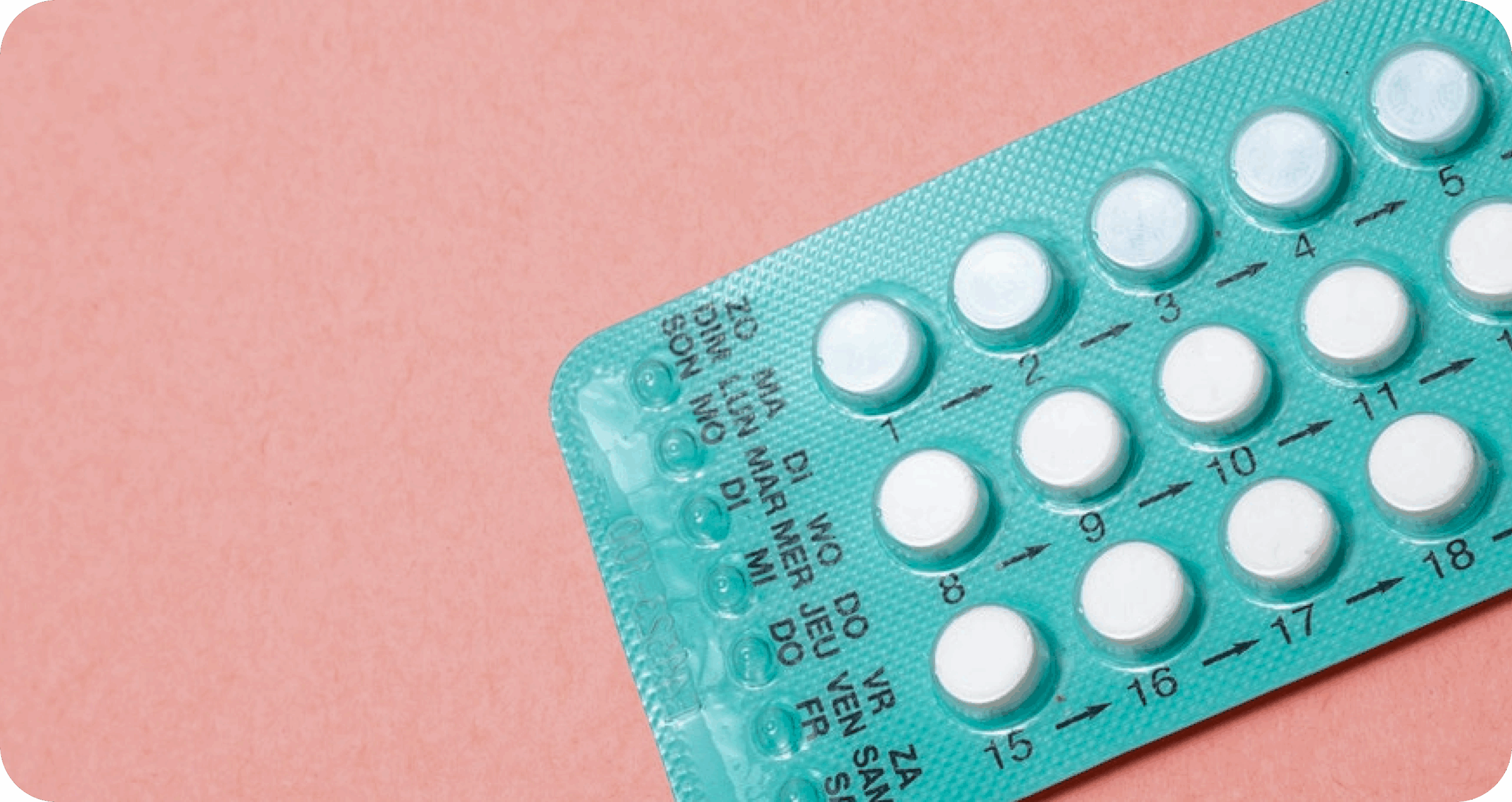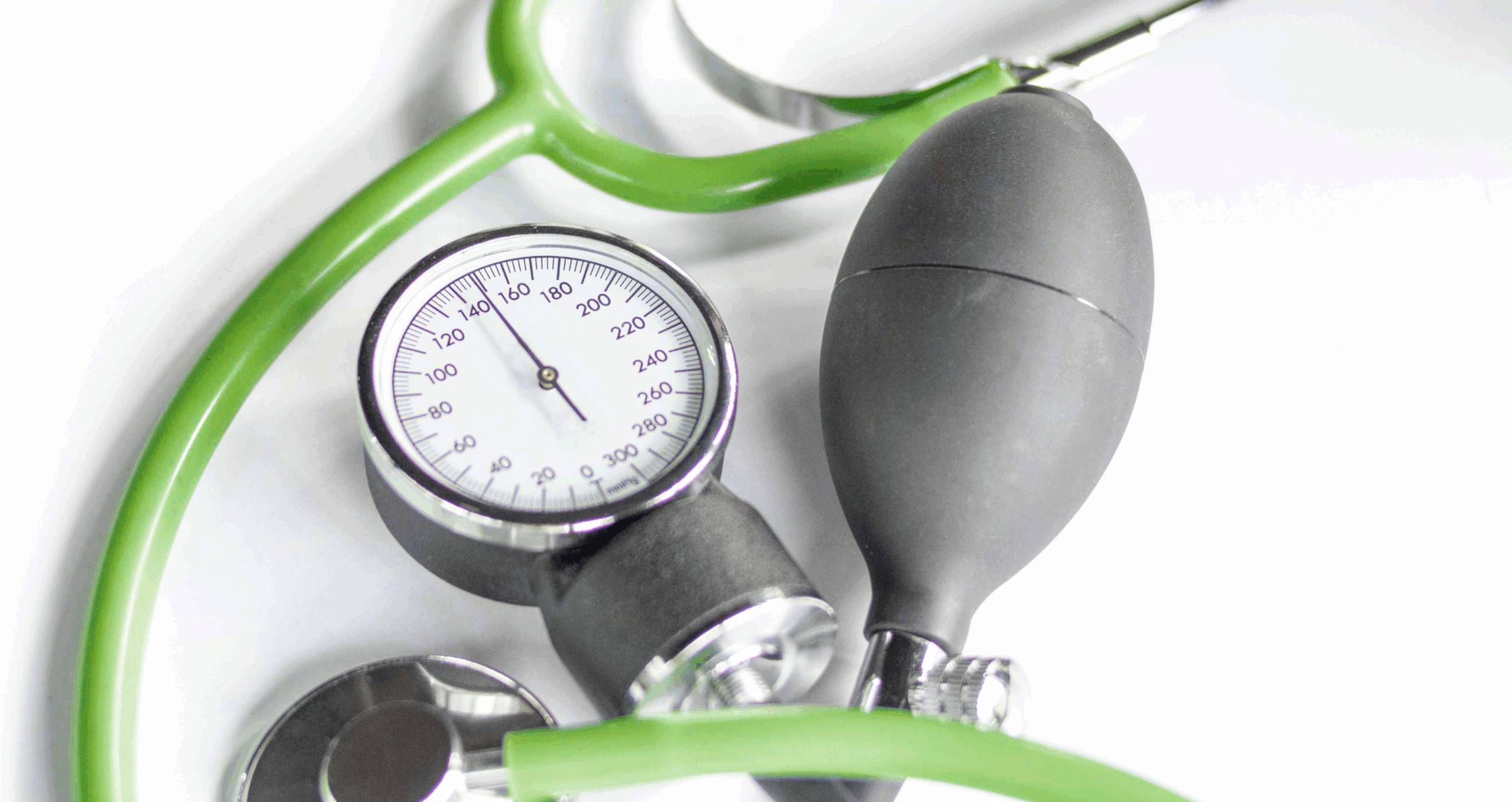When it comes to reproductive health, unexpected situations can happen. Whether a condom breaks, you miss a birth control pill, or you have unprotected sex, emergency contraception (EC) can help reduce the risk of an unplanned pregnancy. However, there are many myths and misunderstandings surrounding it. Let’s break down what emergency contraception is, how it works, and what you should keep in mind before using it.
What Is Emergency Contraception?
Emergency contraception is a safe and effective method to help prevent pregnancy after unprotected sex or contraceptive failure. It is not meant to replace regular birth control, but rather to serve as a backup option in urgent situations.
There are two main types:
-
Emergency Contraceptive Pills (ECPs) – Often called the “morning-after pill,” these are available over the counter in many places. They work best the sooner you take them after unprotected sex.
-
Copper Intrauterine Device (IUD) – A healthcare provider can insert a copper IUD up to five days after unprotected sex. It is the most effective form of emergency contraception and can also serve as long-term birth control.
How Does It Work?
Emergency contraceptive pills prevent or delay ovulation, so no egg is released for sperm to fertilize. They do not terminate an existing pregnancy. The copper IUD works differently — it changes the environment in the uterus to make it toxic for sperm, preventing fertilization altogether.
When Should You Use It?
You may consider emergency contraception if:
- A condom breaks or slips during sex
- You miss two or more birth control pills in a row
- You had unprotected sex and are not on birth control
- Your partner did not withdraw in time
- Sexual assault occurs without protection
How Effective Is It?
- Emergency Contraceptive Pills – Most effective when taken within 72 hours, though some pills work up to five days after sex. The sooner you take it, the better.
- Copper IUD – Over 99% effective and provides ongoing protection for up to 10 years.
Common Myths and Facts
- Myth: Emergency contraception causes abortion.
Fact: It prevents pregnancy; it does not end an existing one. - Myth: You can only take it the morning after.
Fact: Pills can work up to 3–5 days after, but earlier use increases effectiveness. - Myth: Taking emergency contraception affects future fertility.
Fact: There is no evidence that it impacts long-term fertility.
Possible Side Effects
Most people tolerate emergency contraception well. Some may experience nausea, fatigue, breast tenderness, or changes in the next period. These effects are usually mild and temporary.
Key Takeaways
- Emergency contraception is a backup, not a replacement for regular birth control.
- It is safe, effective, and widely available in most regions.
- Acting quickly increases its effectiveness.
- Speak with a healthcare provider if you have questions or want to explore long-term birth control options.





